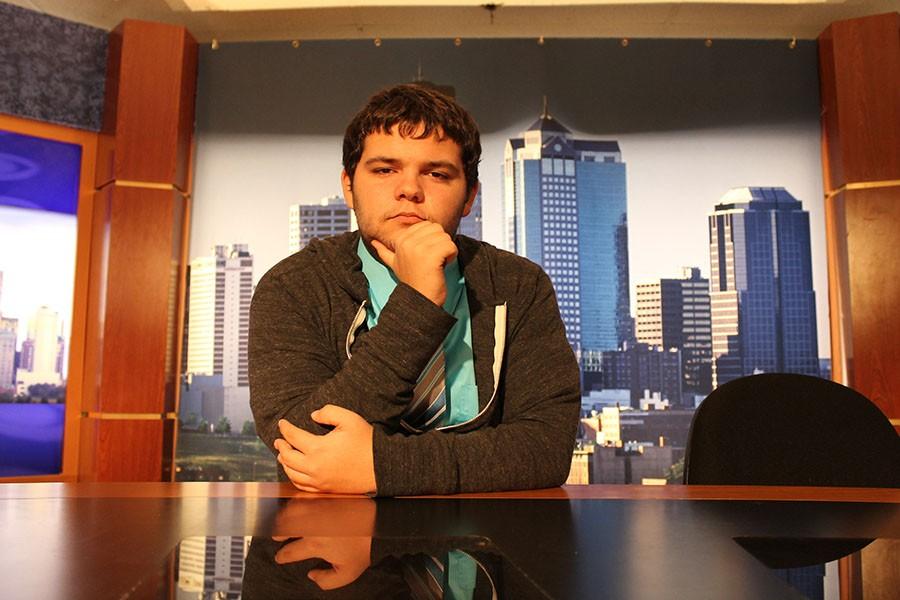Van Winkle’s thoughts on “Selma”
“What happens when a man stands up and says ‘enough is enough’?” During a particularly inspiring scene, that perfectly captures the essence of Selma, Dr. Martin Luther King Jr. challenges his fellow civil rights activists to join him in making a difference. This question lingers in the mind of the viewer throughout the two hour runtime and stays there long after.
This biopic about the courageous civil rights leader is unique in the method it takes in tackling its subject matter. Many biopics revolve around the entire life of its subject, skimming over some important events, while entirely missing others. Rather than focus on the whole life of Dr. Martin Luther King Jr., Selma takes the bold approach of telling one single story, set in a very particular time and place: Selma, Ala. in the spring of 1965. Though the United States had officially desegregated following the passage of the Civil Rights Act of 1964 a year earlier, African Americans were still unable to practice their right to vote. The film depicts the 54-mile marches, from Selma, Ala. to the state’s capital of Montgomery, that Dr. King and thousands of others participated in, as a way to protest their inability to vote and the opposition they faced at this point in time.
Surprisingly, this film marks the first time Dr. King has been portrayed as the main character in a film about the Civil Rights Movement and David Oyelowo, who plays him in Selma, sets the bar high for those who follow in his footsteps. Oyelowo has the ability to convincingly portray Dr. King as nervous and unsure about his next steps in one scene and then portray him with all the self assurance in the world in the next. The best scenes are those of Oyelowo delivering some of Dr. King’s speeches in order to light the fire under his listeners. Oyelowo’s confidence and charisma in these scenes are readily apparent and his performance is so electrifying that it feels inspiring even to those in an air conditioned theater on a Friday night.
Selma, like last year’s 12 Years a Slave, is hard to watch but it is a very important film to see. Director Ava DuVernay pulls no punches in these scenes and that no holds barred style of filmmaking really benefits the film because Hollywood has never depicted this time in our nation’s history in such a dark and honest way, without glamorizing or toning it down in any way. Subtle scenes, such as one early on in the film involving an elderly woman, played by Oprah Winfrey, trying to register to vote and being turned away is just as heart wrenching as the ones depicting graphic violence.
The scenes involving police brutality against African American men and women who just want to exercise their rights are heart breaking, in part because it is difficult to watch them without immediately being reminded of what has happened just recently right across the state in Ferguson and in New York City. The similarity between what is onscreen and what has been in recent headlines is scary and ultimately raises the question: How far have we really come?
*Four out of five winks*







